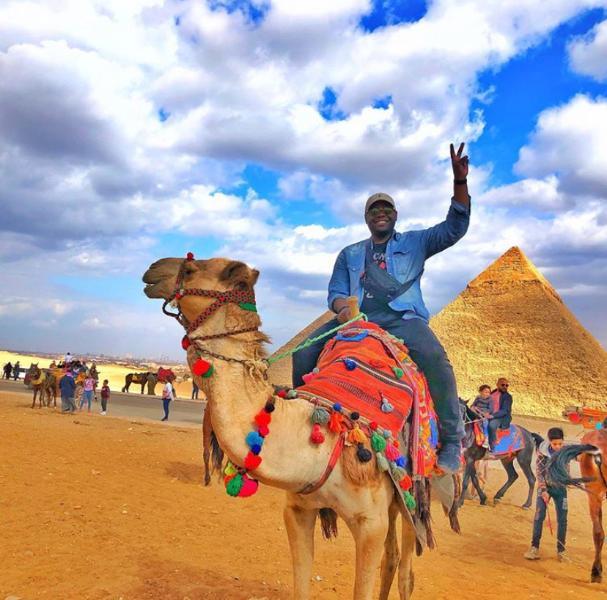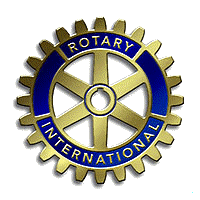
Terrance Stevenson - Rotary Peace Fellow, MSc Economics and Finance for Development
We enjoyed a great conversation on the role of ‘local’ elements in peacebuilding. Professor Giorgio Shani of International Christian University opened with research into Liberal Peace, and Post Western Peacebuilding. Professor Owen Green, one of our University of Bradford professors, followed with insights into policy implications of violence reduction. The session was both enlightening and relevant given the increasing role of civil society in peace processes within the Middle East and around the world.
After an amazing lunch which featured many local Egyptian dishes, we attended a session focused on peace and conflict resolution. The session featured Dr.Morgan Brigg of the University of Queensland, Dr. Nehal Fahmy, a former UN Staff, Advisor to Egypt’s National Council for Human Rights, Dr. Chantana Wungaeo of Chulalongkorn University and Nico Schneider a current peace fellow at the University of Queensland. Each presentation was a guided journey into a unique area of conflict resolution. My highlight of the session was Nico’s presentation on the role of peacetech, a subject I’ve engaged deeply during my time at PeaceTech Lab.
On Thursday, I was honored to sit on a panel of current Rotary Peace Fellows and share my experiences so far. It was wonderful to hear from the other current and past fellows and get an understanding of the challenges, accomplishments and impact the fellowship has had on their lives. I shared about my life in Bradford, England, my dissertation topic and summer research plans, and my extracurricular activities, which include playing on our peace department’s football (soccer) team. The audience seemed to enjoy hearing about our friendly “War and Peace” rivalry with King’s College’s war department and our annual Tolstoy Cup match.
We spent our final day in Cairo taking in as much as we could, from the food (especially my favorite, the spiced lamb), to the culture and of course the pyramids. Our awesome tour guide took us quite literally “off the beaten path”, on a camelback adventure through the pyramid complex, three excursions into ancient mastabas (underground tombs), a close up of the Great Sphinx, and a tour of the ancient village that has resided in the shadows of the pyramids for centuries.
From the unique hospitality to the warm conversations of local community members, I got a sense of Cairo's resilience and optimism. In 2019, Egypt dropped off the list of the top 10 countries impacted by terrorism. While this is but one element of their complex struggle toward peace and human wellbeing, it’s a fact that lends to a sense of hope I felt as I boarded our plane back to Bradford. As I think back at my journey through ancient geometric wonders, down the sparkling ancient River Nile, engaging locals and visiting scholars, I am filled with a continued hope for peace that will stay with me throughout my fellowship experience and beyond.
Terrance Stevenson, February 2020
